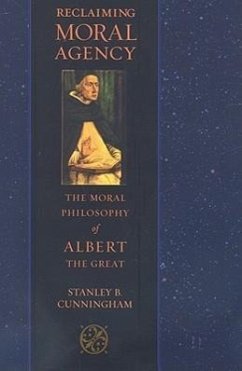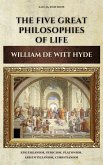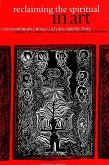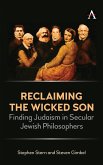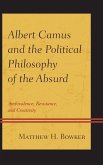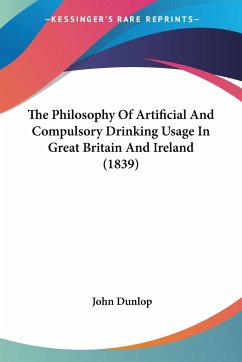This book provides a comprehensive analysis of the moral philosophy Albert the Great (1200-1280)--the first and only such undertaking in English. It lays out what is, with rare exceptions, an unknown, ignored, or poorly-understood aspect of Albert's humanism. It also fills in a major lacuna in both the history of medieval philosophy and the wider history of moral theory. Prior to Albert, most medieval thinkers refused to acknowledge the very existence of natural moral goodness. They believed that one could not perform good acts without God's infused graces. Albert was the first to establish in a systematic fashion the value of naturally-acquired virtue, natural law, and the virtue-dependent states of friendship and natural happiness, and their importance in a human lifetime. To achieve this, he undertook the elaboration of a rigorous moral philosophy. These findings stand in contrast to an old cliché that Albert the Great was a scholar of enormous erudition, an impressive assembler of learning and scientific information, but deficient when it came to elaborating a systematic philosophical or theological theory of his own. This book deflates that myth. It demonstrates that Albert was eager to produce a rigorously organized philosophy of moral goodness, and for the most part succeeded in that aim. This book opens with a comprehensive introduction that is unprecedented in Albertinian scholarship. It uncovers certain parallels between the career of modern virtue-theory ethics and Albert's historical situation in such a way as to help the modern reader understand developments in the mid-thirteenth century. This book also makes possible a closer study of Thomas Aquinas's material dependence upon Albert's ethical concepts. ABOUT THE AUTHOR: Stanley B. Cunningham is professor emeritus at the University of Windsor where he taught philosophy and communication studies. His previously published works include The Idea of Propaganda: A Reconstruction. PRAISE FOR THE BOOK: "Cunningham's study of Albert's importance to the development of moral philosophy is to be recommended. Albert's place in the history of philosophy is still not generally appreciated and this book provides the sort of investigation needed to foster such appreciation. . . . The result is a significant contribution to the history of medieval moral thought as well as an important historical source study for those interested in modern virtue theory." -- Michael W. Tkacz, Philosophy in Review "Stanley Cunningham has written an accessible and philosophically astute volume on the early ethics and virtue theory of the Dominican Albertus Magnus. . . . Cunningham provides clarity on the earliest period of Albert's ethical philosophy and argues that it was Albert, and not Thomas Aquinas, who broke with his predecessors in constructing a philosophy, rather than a theology, of human action, virtue and natural law. . . . With Cunningham's fine work in hand, we are better prepared to evaluate Albert's philosophical contribution on ethics."--John Inglis, Journal of Ecclesiastical History "The philosophy and theology of St. Albert the Great (1200-80) is not so well known or appreciated-by the scholarly world as it should be; Stanley Cunningham's excellent book on Albert's moral philosophy could not, therefore, be more welcome. . . . Cunningham has provided us with an account of Albert's ethics that will be of service to scholars for many years to come. I recommend this work highly."--Steven Baldner, Journal of Theological Studies "Stanley Cunningham has written an accessible and philosophically astute volume on the early ethics and virtue theory of the Dominican Albertus Magnus. . . . Cunningham provides clarity on the earliest period of Albert's ethical philosophy. . . . With Cunningham's fine work in hand, we are better prepared to evaluate Albert
Hinweis: Dieser Artikel kann nur an eine deutsche Lieferadresse ausgeliefert werden.
Hinweis: Dieser Artikel kann nur an eine deutsche Lieferadresse ausgeliefert werden.

